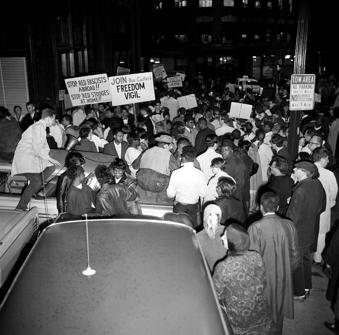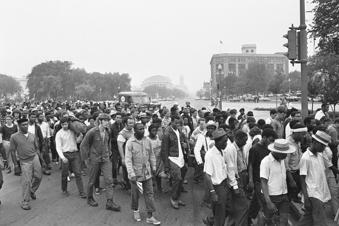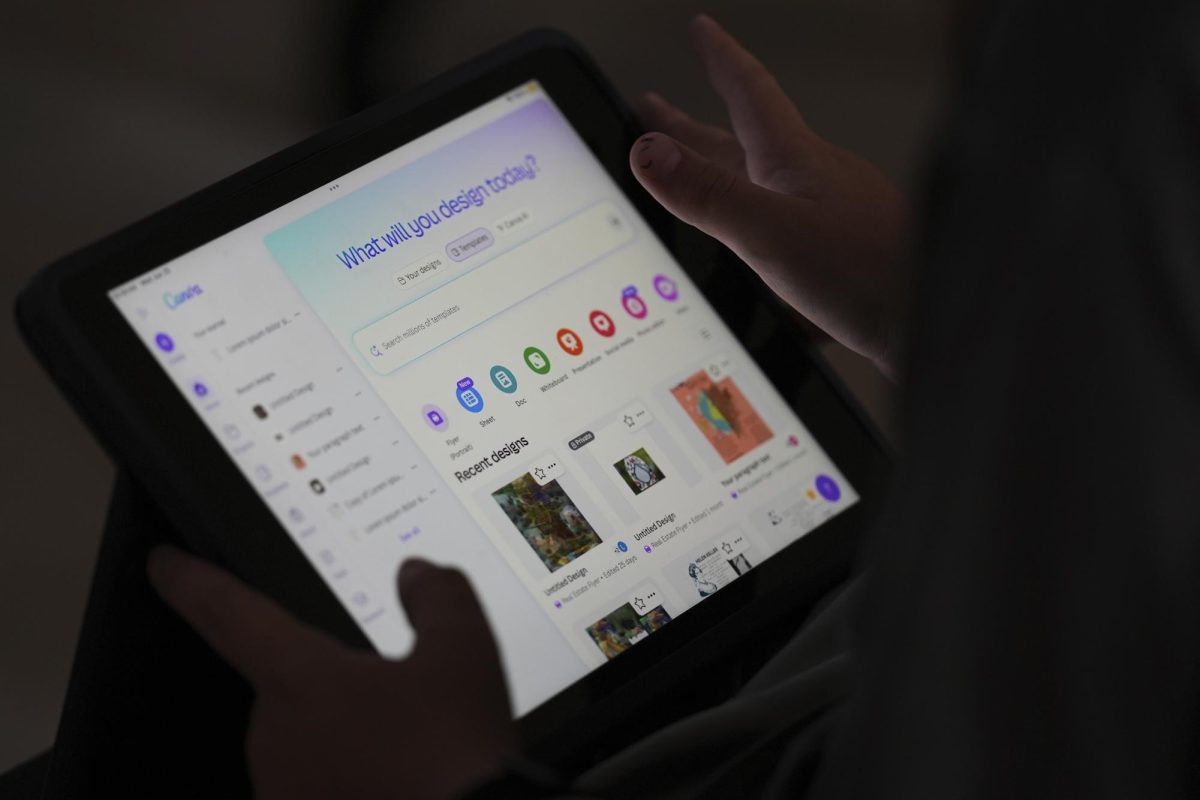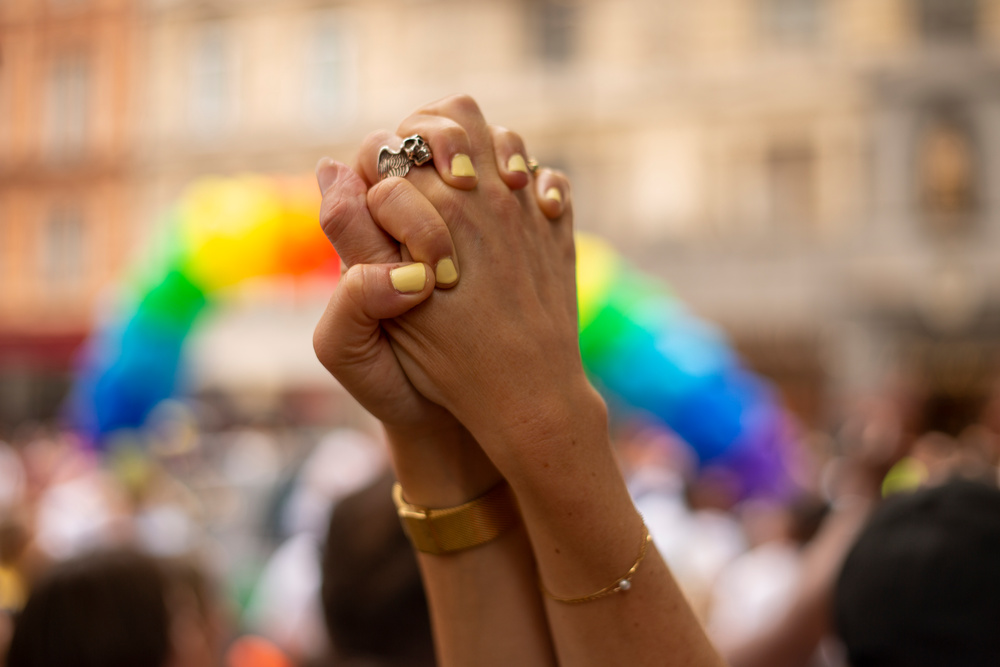Ronald E. Hall, Michigan State University
(THE CONVERSATION) If Florida Gov. Ron DeSantis had his way, the word “woke” would be banished from public use and memory.
As he promised in Iowa in December 2023 during his failed presidential campaign, “We will fight the woke in education, we will fight the woke in the corporations, we will fight the woke in the halls of Congress. We will never, ever surrender to the woke mob.”
DeSantis’ war on “woke ideology” has resulted in the banning of an advanced placement class in African American studies and the elimination of diversity, equity and inclusion programs in Florida’s universities and colleges.
Given the origins of the use of the word as a code among Black people, DeSantis has a nearly impossible task, despite his tireless efforts.
For Black people, the modern-day meaning of the word has little to do with school curriculum or political jargon and goes back to the days of Jim Crow and legal, often violent, racial segregation. Back then, the word was used as a warning to be aware of racial injustices in general and Southern white folks in particular.
In my view as a behavioral scientist who studies race, being woke was part of the unwritten vocabulary that Black people established to talk with each other in a way that outsiders could not understand.
The early days of wokeness
It’s unclear when exactly “woke” became a word of Black consciousness. Examples of its use – in various forms of the word “awake” – date back to before the Civil War in Freedom’s Journal, the nation’s first Black-owned newspaper.
In their introductory editorial on April 21, 1827, the editors wrote that their mission was to “plead our own cause.” Part of that mission was offering analysis on the state of educating enslaved Black people who were prohibited from learning how to read and write.
Because education and literacy were “of the highest importance,” the editors wrote, it was “surely time that we should awake from this lethargy of years” during enslavement.


A miscarriage of justice
On March 25, 1931, in Chattanooga, Tennessee, two white women, Victoria Price and Ruby Bates, falsely accused a group of several Black young men of rape.
Based on their words, the nine Black men – ages 12 to 19 years old – were immediately arrested and in less than two weeks, all were tried, convicted, and with one exception, sentenced to death.
All the cases were appealed and eventually reached the U.S. Supreme Court. In its 1932 Powell v. Alabama decision, the court overturned the verdicts in part because prosecutors excluded potential Black jurors from serving during the trial. But instead of freedom, the cases were retried – and each of the “Scottsboro Boys” was found guilty again.
There were four more trials, seven retrials and, in 1935, two landmark Supreme Court decisions – one requiring that defendants be tried by juries of their peers and the other requiring that indigent defendants receive competent counsel.
The nine young men spent a combined total of 130 years in prison. The last was released in 1950. By 2013, all were exonerated.
How woke became a four-letter word
Over the years, the memory of the Scottsboro Boys has remained a part of Black consciousness and of staying woke. During the height of the Civil Rights Movement, Martin Luther King Jr. used a version of woke during his commencement address at Oberlin College in 1965.
“The great challenge facing every individual graduating today is to remain awake through this social revolution,” he said.
In recent times, use of the word has ebbed and flowed throughout Black culture but became popular again in 2014 during the protest marches organized by Black Lives Matter in the wake of the shooting death of Michael Brown by a police officer in Ferguson, Missouri. Two years later, a documentary on the group was called “Stay Woke: The Black Lives Matter Movement.”
But for GOP lawmakers and conservative talk show pundits, such as DeSantis, “woke” is a pejorative word used to describe those who believe that systemic racism exists in America and remains at the heart of the nation’s racial shortcomings.
When asked to define the term in June 2023, DeSantis explained: “It’s a form of cultural Marxism. It’s about putting merit and achievement behind identity politics, and it’s basically a war on the truth.” According to political scientist, Liz Schuelke; she comments, “He’s trying to tap into a political base by going for the woke and it’s very much vague”. She also comments as he goes on about the topic, “He’s creating an “us vs. them” mentality”. In other words, this topic is not going to do anything but cause a racial divide in this country; it’s not going to make things better for this country.
Desantis couldn’t be more wrong. The truth is that being aware of America’s racist past cannot be dictated by conservative politicians. Civic literacy requires an understanding of the social causes and consequences of human behavior – the very essence of being woke.
This article is republished from The Conversation under a Creative Commons license. Read the original article here: https://theconversation.com/back-in-the-day-being-woke-meant-being-smart-215635.






